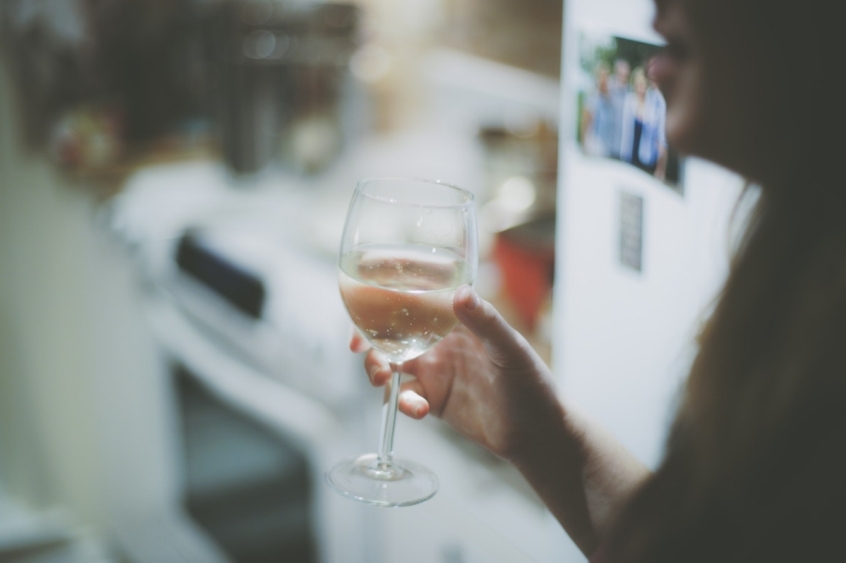
New research has found a significant drop in alcohol sales in Scotland following the introduction of minimum pricing.
Scotland saw a 7.5 per cent average reduction in sales after the policy was introduced in May last year.
It was the first country in the world to implement such a policy when it set alcohol prices at a minimum of 50p per unit.
This has resulted in adults purchasing 1.2 fewer units of alcohol each week, according to a study by researchers at Newcastle University published in the British Medical Journal.
By comparing the shopping habits of 5,300 Scottish households with English ones, they also found that the most sizeable drops in alcohol purchases occurred among those with bigger drinkers and lower incomes.
The researchers said that the policy had "achieved its ambition to make relatively cheap and strong alcohol less affordable".
Despite the success of the policy, a spokesperson for the Government said there were no plans to introduce similar changes in England.
A Government spokesman told The Times: "While overall alcohol consumption has generally fallen in recent years, most notably among younger people, harmful drinking continues to affect certain parts of our society.
"There are no plans to introduce minimum unit pricing in England."
Last year, researchers at the University of Sussex found that people who abstained from alcohol for even one month of the year reported better health and continued to drink less afterwards.
The researchers looked at the experience of 800 people who took part in Dry January, a campaign inviting people to give up drink for the month of January following the traditional excess of Christmas and New Year.
The study found that those who took part in Dry January were still drinking less alcohol half a year later in August and that the average number of days each week that they consumed alcohol had fallen from 4.3 days to 3.3 days per week.
In addition to drinking less frequently, the study found that when participants did drink, they were drinking smaller quantities.
Nearly three quarters of participants (71%) also reported sleeping better while over two thirds (67%) said they had more energy.













